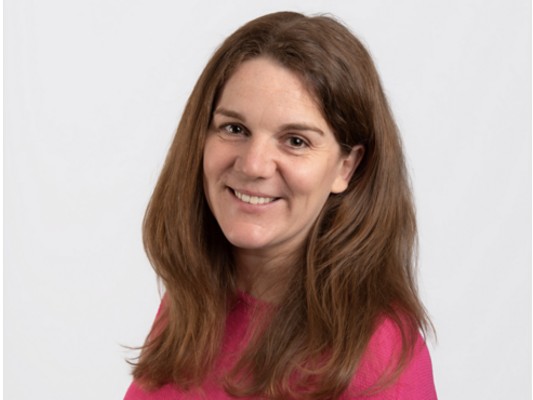People returning to work after cancer need more reflective and individualised support, according to new research from NEOMA Business School.
The study found that existing workplace mechanisms such as recognised disability status, therapeutic part-time work, and remote working options do not adequately address the profound changes that cancer can bring to how individuals experience their careers.
Professor Rachel Beaujolin of NEOMA Business School and Associate Professor Pascale Levet of IAE Lyon conducted the research through an action-based study involving 25 organisations and nearly 200 participants.
Their findings, published in Revue Française de Gestion, reveal that returning to work is not simply a question of resuming normal duties, but rather a process of relearning – often in the face of fatigue, cognitive challenges, and altered perceptions of time and physical capability.
Beaujolin and Levet described how participants often felt as though their time away from work due to cancer resembled an “abduction”, with previously routine tasks becoming unexpectedly difficult upon return.
However, they also found that these challenges can become drivers of learning, enabling new approaches to work and personal development.
By framing these experiences through personal narratives, the researchers developed workshops to transform individual learning journeys into collective resources for organisations.
Professor Beaujolin said: “It is not about proposing a standard protocol, but about learning to think from real situations, to recognise the knowledge being built there, and to create spaces where this knowledge can circulate.”
She added that listening to the lived experiences of those affected is key to developing more effective and humane workplace practices.

















